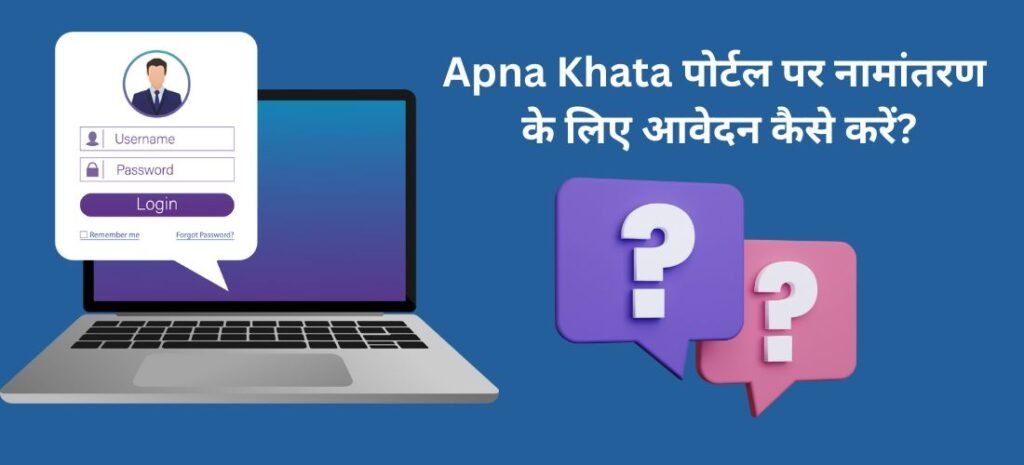In this highly globalized world of today, the importance of having documents authenticated that can be used outside the country has increased. One of the crucial methods used to verify if the papers are legal in India, especially when it will be utilized abroad, is Apostille attestation. This is essentially the procedure by which your documents are assured of being genuine and legalized for use in countries that are part of the Hague Apostille Convention. If the document legalization process in India is breaking your head, the understanding of Apostille attestation becomes the essential factor. Here’s a simple and comprehensive guide that will give you an intro to the necessary things to know.
What is Apostille Attestation?
Apostille is a certification or attestation confirming the purity of public documents and is one type of it. It is concerned with the assurance of their reliability once they have moved outside India, a current member of the Hague Apostille Convention. This practice replaces traditional consular legalization, which is more cumbersome and time-consuming and is often used. To the documents, designated authorities in the country of origin provide Apostille certificates, verifying their authenticity and making them legally acceptable in other member countries of the Hague Convention.
Why is Apostille Attestation Necessary?
Apostille attestation is a method to approve a document for international use by legalizing the latter. It makes sure that the documents that have been given out by a member state of the Hague Convention are equally valid and acknowledged in other member countries. Thus further legalizing the documents is not needed again. Also attestation services differ from country to country as well. Like Kuwait Embassy Attestation services may differ from any other countries in the world. This is mostly advantageous for individuals and companies that do the following activities:
- Employment abroad: For confirming your educational degrees and work experiences to the foreign authorities.
- Immigration: Visa application and residency permits’ sponsorship.
- Legal proceedings: Authentication of court papers or affidavits.
- Educational pursuits: The legitimacy of academic certificates for admissions purposes or the spreading of the knowledge level of students to other countries by the use of these certificates.
How Does Apostille Attestation Differ from Regular Attestation?
Apostille attestation is different from the traditional attestation processes, for example, notarization or consular legalization, in several essential ways such as:
- International Recognition: The legal confirmation must be a member country of the Hague Convention so that the application of the apostille proves to be correct globally.
- Standardized Format: Apostille certificates are set by the Hague for all member-states, therefore, these are similar and easy to recognize.
- Simplified Process: In comparison with the consular legalization, applying apostille authentication is typically less complex and swifter, thereby minimizing the obstacles of red tape for individuals and businesses.
Step-by-Step Guide to Obtain Apostille Attestation in India
Navigating the Apostille attestation process in India involves several clear steps. Here’s a simplified guide to help you through:
1. Identify Documents Requiring Apostille: Determine which documents require Apostille attestation. Common documents include:
- Birth certificates
- Marriage certificates
- Educational degrees and diplomas
- Affidavits
- Power of Attorney
- Court documents
2. Obtain Certified Copies: Make sure that you have the certified copies of these documents with you. If not, you can order them from the concerned authority. The original documents cannot be apostilled, only certified copies are accepted of the same.
3. Visit the Regional Authentication Center (RAC): In India, the Ministry of External Affairs (MEA) is the issuing authority. They issue the certificate only through their Regional Authentication Centers (RAC) or service providers like apostille services Kolkata. Identify your local RAC based on your jurisdiction.
4. Complete the Application Form: Obtain an Apostille application of the RAC or download it from the MEA website. Provide the correct and complete input on it.
5. Besides the application form, you should bring along the following items:
- Original document(s) and their photocopies
- Identity proof (passport, Aadhar card, etc.)
- Any additional forms or declarations as specified
6. Submit Your Application: Visit the RAC in person and hand in your application package there; or, send it by registered mail. Be certain to include all the documentary proofs and the fee (most often, payment is made through the demand draft or online).
7. Track Your Application: Be observant of the application status. Different authorities may have means of processing, so, from time to time, it is good to follow up on the process as this can increase the speed.
8. Receive the Apostille Certificate: After handling, the RAC will then apply the Apostille to the document(s) either as a sticker or on the stamp. This is the proof of use in international transactions under the Hague Convention of its genuineness and legitimacy.
9. Use the Apostilled Documents Abroad: The documents with the apostille will enable you to use them abroad in the Hague Convention Member-countries. Produce them accordingly for visas, work permits, school admits, and legal issues abroad.
Tips for a Smooth Apostille Attestation Process
- Plan Ahead: The Apostille process requires a certain processing time; so, always plan well in advance, particularly if you have some deadlines to be met with using these documents in foreign countries.
- Verify Requirements: Validate the specific rules concerning the place your documents will be used in. For example, some nations may additionally require other legalizations besides an Apostille.
- Keep Copies: Along with the original documents, make sure to always have certified copies (or duplicates) and the Apostille certificate near, as they are really important in case you need them later or you lose the original ones.
Conclusion
Apostille attestation in India gives an industry-standard and internationally recognized way of verifying the genuineness of public documents in a simple way. Through the steps we have set forth and following the systematic process of local authorities, one is able to have a greater understanding and thus easily go through it. If your travel documents are for immigration, education, employment abroad, or need to be signed in legal matters, Apostille attestation will ensure they meet the necessary criteria for international acceptance. If you have a specific question or a situation is complicated, then discussing it with a legal advisor or getting in touch with pertinent authorities can give a better understanding of the regulations to follow.


